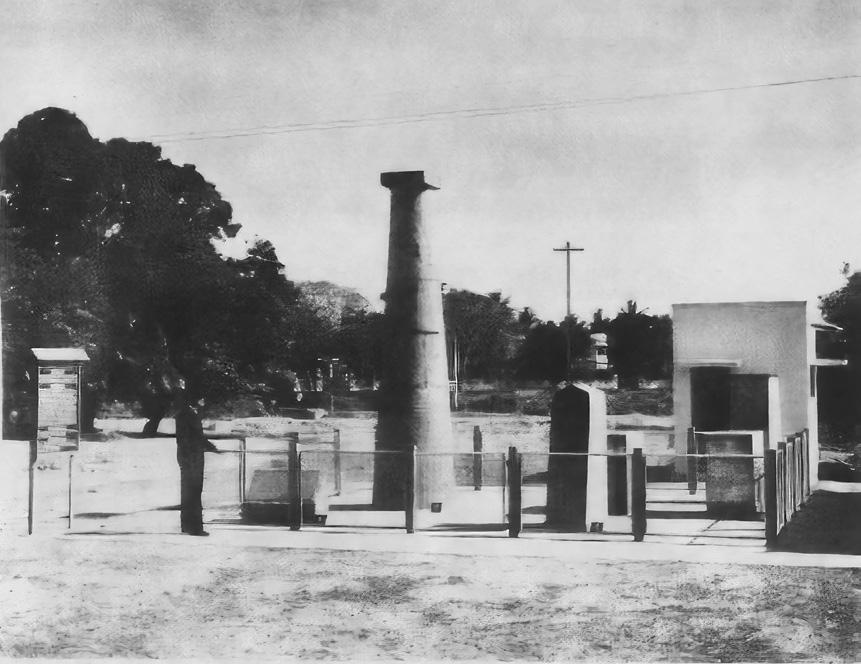Try GOLD - Free
IMD at 150
Down To Earth
|February 01, 2025
India's journey into modern weather forecasting took a decisive turn 150 years ago with the establishment of India Meteorological Department during the British rule. The agency has come a long way since then, shaping the way the country predicts and responds to its diverse climate challenges

THE GENESIS of the India Meteorological Department (IMD) was rooted in necessity. The devastating tropical cyclone of 1864 that claimed over 60,000 lives in the then undivided Bengal, coupled with consecutive monsoon failures in 1866 and 1871, underscored the dire need for a scientific approach to weather monitoring and forecasting.
Recognising this, the British colonial government in the country set up IMD in 1875, bringing the 80 meteorological systems that existed across provinces under a central authority. It was a watershed moment in India's history, as the traditional wisdom of predicting weather was systematically combined with scientific methodologies.

This story is from the February 01, 2025 edition of Down To Earth.
Subscribe to Magzter GOLD to access thousands of curated premium stories, and 10,000+ magazines and newspapers.
Already a subscriber? Sign In
MORE STORIES FROM Down To Earth

Down To Earth
KING OF BIRDS
Revered for centuries, western tragopan now needs protection as its forests shrink, human pressures mount
3 mins
December 16, 2025

Down To Earth
WHISKERS ALL AQUIVER
Climate change threatens creatures that have weathered extreme environments for thousands of years
2 mins
December 16, 2025

Down To Earth
GOLDEN SPIRIT
Survival of the shy primate is closely tied to the health of Western Ghats
3 mins
December 16, 2025

Down To Earth
RINGED EYES IN THE CANOPY
Rapid habitat destruction forces arboreal langur to alter habits
2 mins
December 16, 2025

Down To Earth
HANGING BY THE CLIFF
The Himalaya's rarest wild goat is on the brink of local extinction
2 mins
December 16, 2025

Down To Earth
ANGEL OF THE BEAS
Conservation reserves, citizen science, and habitat protection give the Indus River dolphin a fighting chance in India
2 mins
December 16, 2025

Down To Earth
UNDER MOONLIT SCRUB
Survival of this hidden guardian tells us whether our scrublands still breathe
2 mins
December 16, 2025

Down To Earth
SYMBOL OF SILENT VALLEY
Lion-tailed macaque remains vulnerable despite past victories
2 mins
December 16, 2025

Down To Earth
THE APE IN OUR STORIES
India's only non-human ape species is a cultural icon threatened by forest fragmentation
2 mins
December 16, 2025

Down To Earth
SENTINEL OF THE HIGH COLD DESERT
The bird's evocative call may not continue to roll across the cold desert valley for long
3 mins
December 16, 2025
Listen
Translate
Change font size
